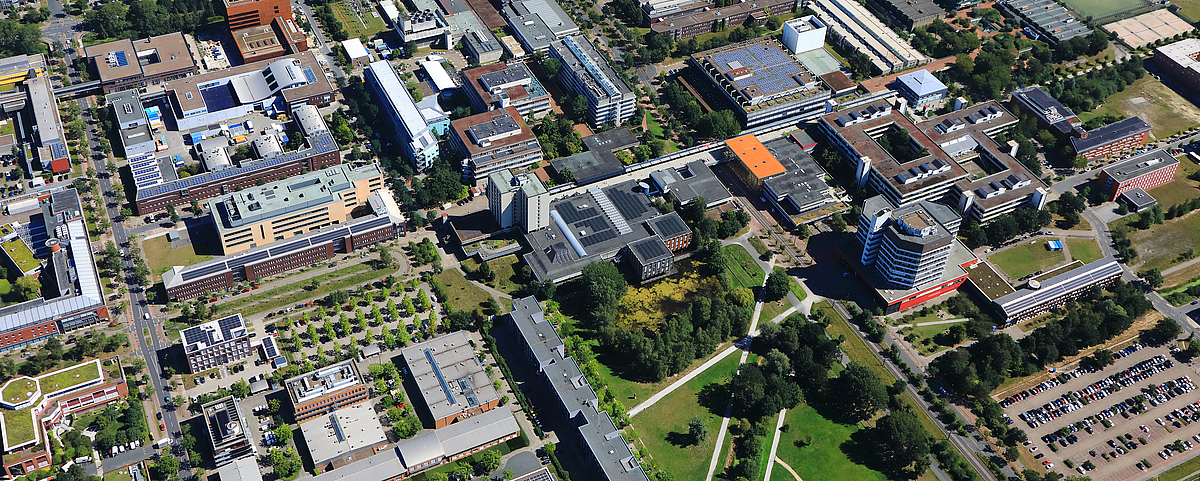The institution “University of Bremen” consists of the University Executive Board, the individual faculties, the Academic Senate (AS), and the AStA Students' Union as well as the university administration.
Organization
University Executive Board
The University of Bremen is headed by the University Executive Board. It includes the President, the Vice President for Research and Transfer, the Vice President for Teaching and Studis, the Vice President for International Affairs, Academic Qualification and Diversity, and the Director of Finance and Administration.
more
